Public Speaking for Executives

Think about the skills that a successful executive must develop. One of the critical skills is public speaking. Are you clear on what that encompasses and why it’s important?
As a rising executive or executive-hopeful you must communicate effectively with your peers, your superiors and colleagues across the industry. Don’t keep your genius a secret only your boss knows because you will need the support of the peers of your boss to be promoted.
Connect with industry colleagues. Imagine the influence on your boss and bosses’ peers when they hear positive comments about you from the industry.
Executive Communication Skills Coaching

What are the communication skills that an executive leader might need to develop and exhibit?
You might be brilliant, yet if you are unable to convey your messages or understand your people, you will fail as a leader. You are simply brilliant and might make a successful engineer, executive assistant or inventor but not an effective leader.
Where does executive communication start?
Perspective: Did you see what I saw?

If we are each blind to the other’s perspective we will never agree.
This ancient poem from John G. Saxe about the Six Blind Men Who Went to See the Elephant demonstrates the differences of perspectives and the challenge of understanding. When you read this poem, notice the perspective and certainly of each blind man. Consider that there are times that we might be blind to other perspectives.
How to speak with more confidence

Speak with more confidence
When you are speaking, which do you believe Is more important? To feel confident or to appear confident? Think about that. You probably want both, but you can’t have both all the time. The question is which is more important? The answer is, it’s more important to appear confident. Why? Because that is the perspective of your listeners. Once you recognize that it’s about the audience experience and not your experience three factors work in your favor.
Chief Executive Speaking
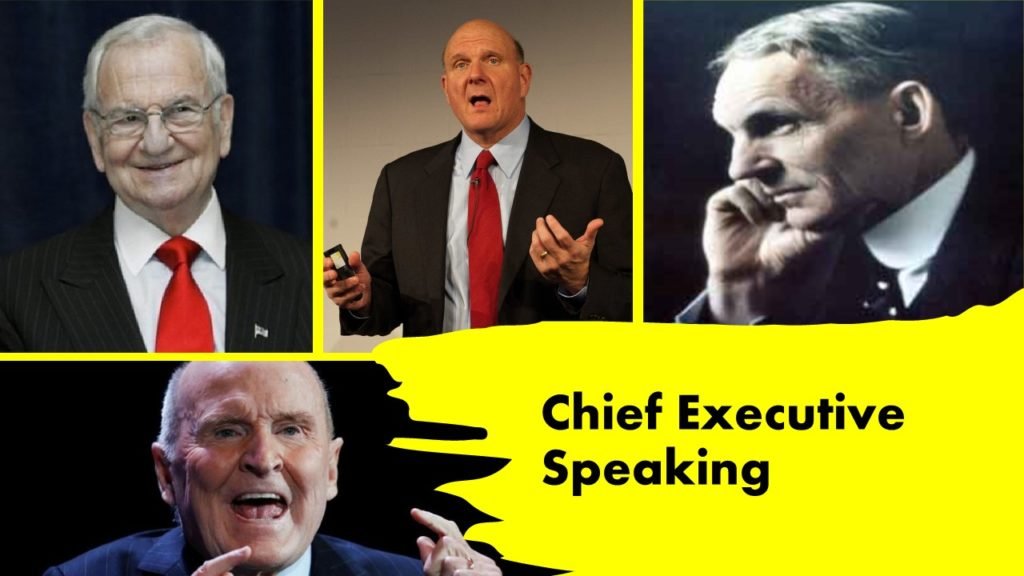
Your chief executive officer, CEO, could be the most powerful spokesperson for your organization. The market wants to hear from the leader. Customers and clients want to know the CEO. The media are often eager to interview and quote an effective leader. Is your organization getting the best return on the speaking skills of your leader?
Let’s review the results of a few effective speakers and a couple who were not.
Five Phrases to Avoid when Speaking
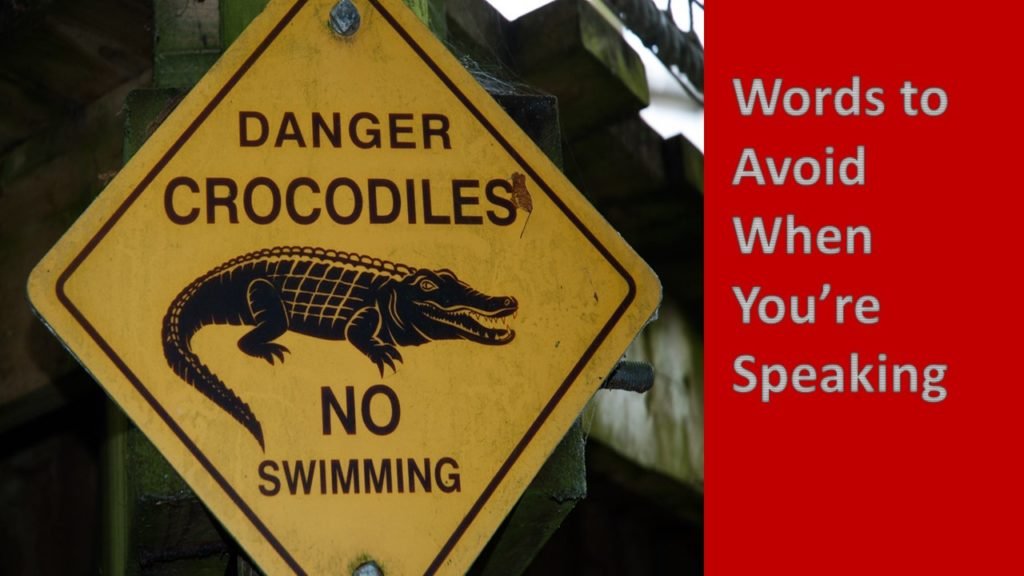
If you are a leader or hope to be a leader in your company, organization or community – your words matter. It matters what you say and were wise enough not to say.
Are you paying attention to your words and implications? Guess what? Your audience pays attention and draws inferences and conclusions from your words. Here are five phrases that are counterproductive to your message because they can confuse or distance your listeners. People might not consciously notice these flaws, but these phrases can cause unconscious dissonance in your message.
Mind your words because they matter. Be precise and prudent with your choice of words. Remove words that are wasted, distracting or annoying.
George Torok interviewed on KAG Masterclass
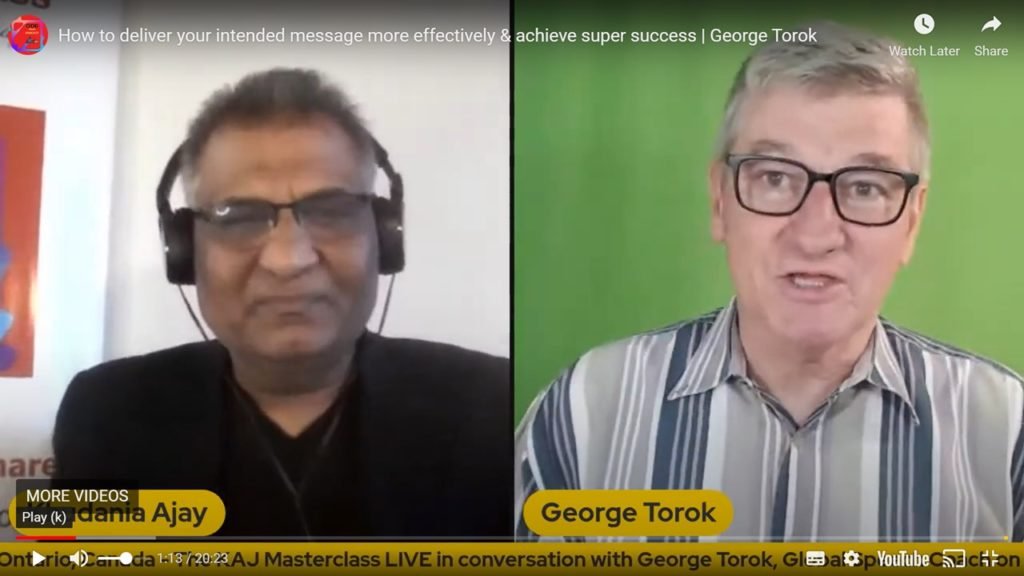
What I do for them is I observe how they come across and I think about who’s their audience. What does their audience need? What’s the mindset of their audience? And I help the executive deliver the message in a way that the audience gets it and understands it and acts on it. I saw one of your videos where you put it nicely. These senior executives are technicians. They know what they know, and they don’t know how to convey that effectively.
They’re not effective communicators. Yeah it’s true many leaders are leaders because of their technical expertise. They could be an accountant, an engineer or operations person and that’s how they got to lead their department and maybe eventually the company, but they are grounded in the technical part and that’s the language that they use. When they become the leader of an organization they need to speak the language of the common person the common person in the company and the common person in their market.
Pause… because…
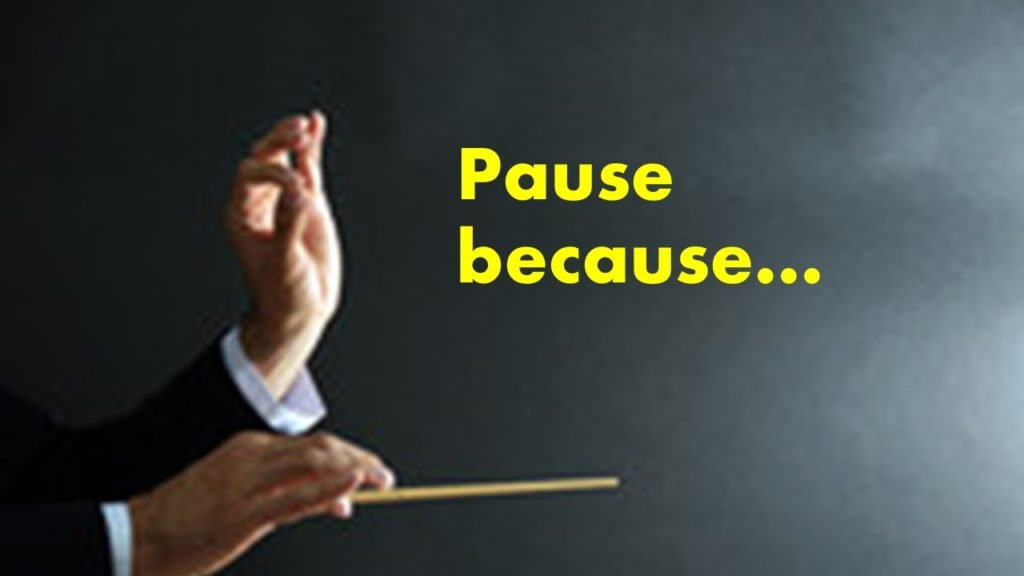
Pause right before an important point to create suspense and heighten the value of the important point because they need to catch their breath and wait a few seconds for the message.
Worst Presentation Ever: Silly Phrases pt 3

What can you learn from the worst presentation? There is no Perfect Presentation. The goal is to deliver an effective presentation. An effective presentation is one that informs and moves the audience. As a presenter you can learn from the techniques of effective presenters. What did they do that worked well and you might be able to use in your presentations?
Worst Presentation Ever: Part Two: Clear?
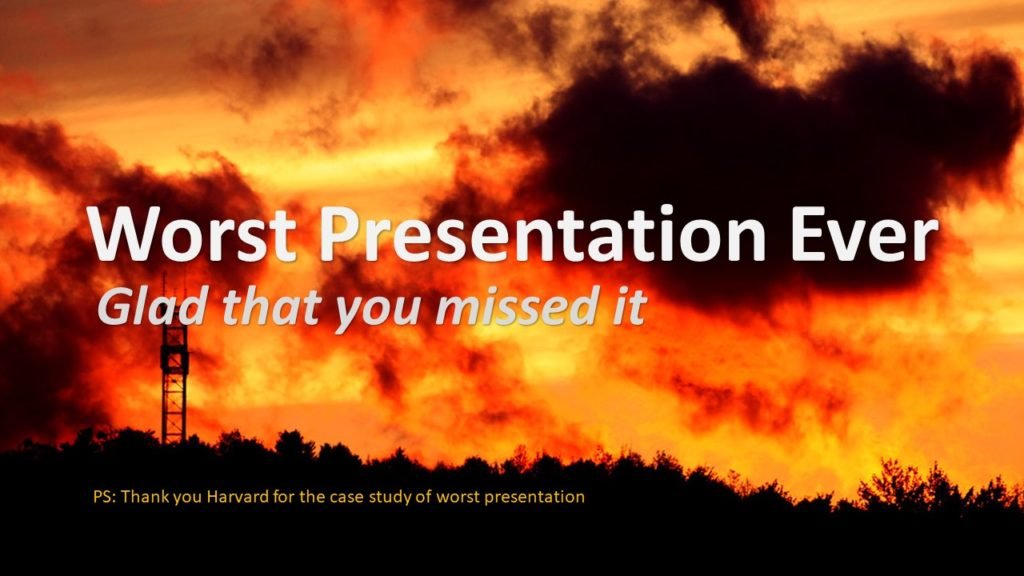
We Can’t Hear You. The next flaw was that we didn’t hear or understand many of his words. Why? He mumbled often. Mumbling is a sign of incomplete thoughts and the lack of editing your words for a clear message.
His voice often trailed off at the end of his sentences. That’s a common mistake made when a speaker is thinking about their next thought instead of finishing the current thought. He wore a lapel microphone and often turned his face away from the mic which meant that his voice faded. That’s a mistake made by novice speakers. He didn’t know how to use a microphone.
